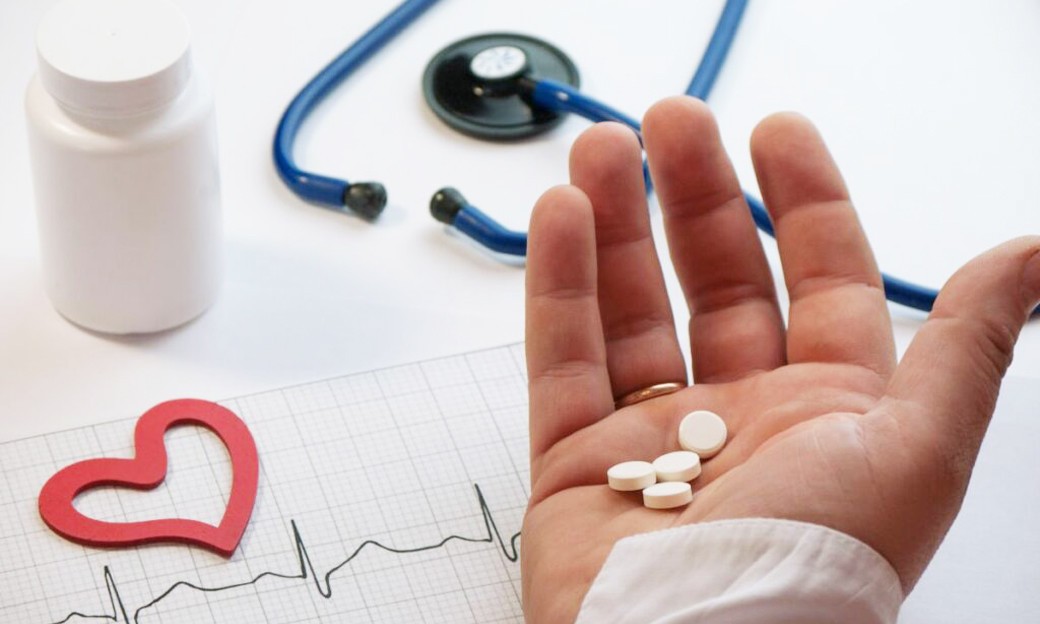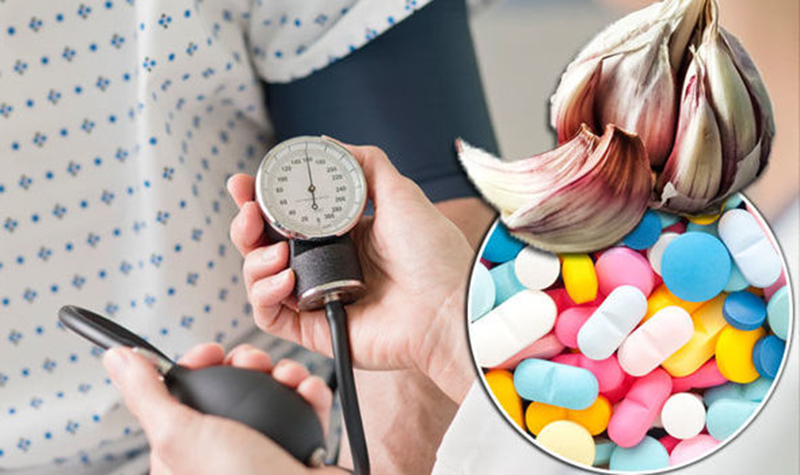
Blood pressure management is crucial for maintaining cardiovascular health. While medications are often prescribed, many people turn to herbal supplements as complementary or alternative treatments. Understanding which supplements may benefit or harm your blood pressure, and how they interact with medications, is essential for making informed health decisions.
What Supplements Work Best for High Blood Pressure?
1. Garlic: Known for its cardiovascular benefits, garlic can help lower blood pressure by relaxing blood vessels and reducing arterial stiffness.
2. Hibiscus: Studies have shown that hibiscus tea can lower systolic blood pressure in individuals with mild to moderate hypertension due to its diuretic properties and ability to widen blood vessels.
3. Hawthorn: This herb is traditionally used to treat heart disease and has been found to help lower blood pressure by dilating blood vessels and improving blood flow.
4. Coenzyme Q10 (CoQ10): This antioxidant is often used to reduce blood pressure and improve heart health by enhancing cellular energy production and reducing oxidative stress.

What Supplements Work Best for Low Blood Pressure?
1. Licorice Root: This can increase blood pressure by reducing the effects of aldosterone, a hormone that regulates salt and water balance.
2. Rosemary: Often used in cooking, rosemary has stimulating properties that can help raise low blood pressure.
3. Fludrocortisone: Though not a herbal supplement, it is often recommended in cases of severe hypotension and works by helping your body retain sodium.

What Supplements May Interact With Medications?
1. St. John’s Wort: Commonly used for depression, it can interact with blood pressure medications and reduce their effectiveness.
2. Ginkgo Biloba: Used for cognitive enhancement, it can increase the risk of bleeding when taken with blood thinners and can interact with blood pressure medications.
3. Ginseng: While it may have benefits, ginseng can interfere with the action of blood pressure medications and affect glucose levels, complicating blood pressure management.
What Supplements To Avoid if You Have High Blood Pressure?
1. Licorice Root: While it can be beneficial for low blood pressure, it can dangerously raise blood pressure in those with hypertension.
2. Ephedra: Previously used for weight loss and energy, ephedra can significantly increase blood pressure and heart rate, posing serious risks.
3. Yohimbine: Often used for erectile dysfunction, this supplement can raise blood pressure and cause heart palpitations.
What Lifestyle Changes Should I Make?
1. Diet: Adopt a diet rich in fruits, vegetables, whole grains, and lean proteins. The DASH (Dietary Approaches to Stop Hypertension) diet is particularly effective in lowering blood pressure.
2. Exercise: Regular physical activity, such as walking, jogging, or swimming, can help lower and manage blood pressure.
3. Weight Management: Maintaining a healthy weight is crucial for blood pressure control. Even a small weight loss can significantly lower blood pressure.
4. Stress Management: Techniques such as yoga, meditation, and deep-breathing exercises can help reduce stress and, consequently, blood pressure.
5. Limit Alcohol and Caffeine: Both substances can raise blood pressure, so it’s wise to consume them in moderation.
6. Quit Smoking: Smoking is a major risk factor for hypertension and cardiovascular disease. Quitting can improve your heart health and lower your blood pressure.

Herbal supplements can be a valuable addition to conventional blood pressure management, but it’s essential to use them wisely. Consult with a healthcare provider before starting any supplement, especially if you are on medication or have a pre-existing condition. Combining the right supplements with healthy lifestyle changes can lead to better blood pressure control and overall health.
Subscribe means that you have read and agree to the Privacy Policy.
Subscribe means that you have read and agree to the Privacy Policy.
Copyright © Shenzhen Pango Medical Electronics Co.,Ltd, Ltd. All Rights Reserved.